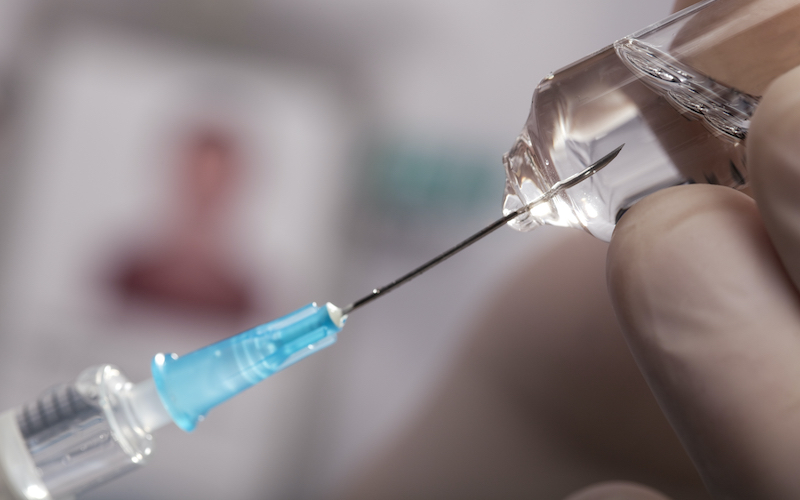
80% of people will get an HPV infection in their lifetime.
HPV or Human Papilloma Virus is spread through intimate skin-to-skin contact, such as engaging in vaginal, anal, or oral sex with someone who has the virus. While most infections go away on their own, some infections can progress to cancer. There is no way to know which people who have an HPV infection will develop cancer.
HPV can cause cancers of the –
- Cervix, vagina, vulva in women
- 16,000 cases each year
- Penis in men
- 900 cases each year
- Anus and back of the throat in men and women
- 20,000 cases each year
The Gardasil vaccine was developed to prevent HPV infections and protect individuals from developing these cancers later in life. Since the vaccine has been in use, HPV infections leading to cancer have dropped by 85% among teen girls and by 71% among women. Gardasil has been shown to provide long-lasting protection. There has been no evidence of the protection decreasing over time.
Who should get the vaccine?
The Gardasil vaccine is recommended for everyone through the age of 26. For the vaccine to be most effective, the series should be given before any exposure to HPV. While adults between the ages of 26-45 may receive the vaccine, there is less benefit as they may have already been exposed. It is important to talk with your provider about your risk for HPV.
Gardasil can be administered to boys and girls as early as 9 years old. If started early enough, the vaccine is available in two doses. If the vaccine is started after 15 years of age, the vaccine is administered with 3 shots over 6 months.
What are the side effects?
Over 120 million doses of the Gardasil vaccine have been distributed and the data continues to show the vaccine is safe and effective. The benefits of the vaccine far outweigh any potential risk of side effects, but like any vaccine or medication, there are side effects. The most common side effects are mild and can include:
- Pain, redness, or swelling in the arm where the shot was given
- Dizziness or fainting (more common among adolescents)
- Nausea
- Headache
There has been no evidence to suggest that the Gardasil vaccine causes fertility problems.
Peninsula Women’s Care encourages all patients to speak with their provider to learn more about the benefits of the Gardasil vaccine and to start their vaccine series at their next visit.
All information is provided by:





